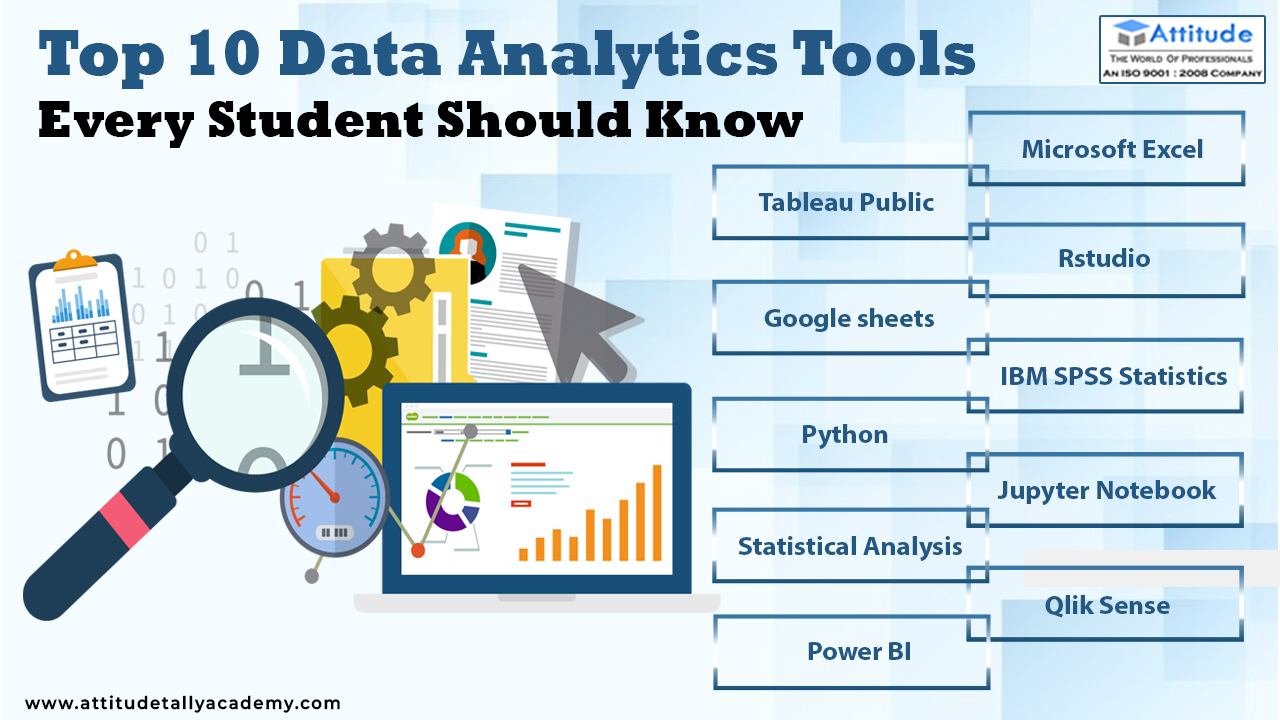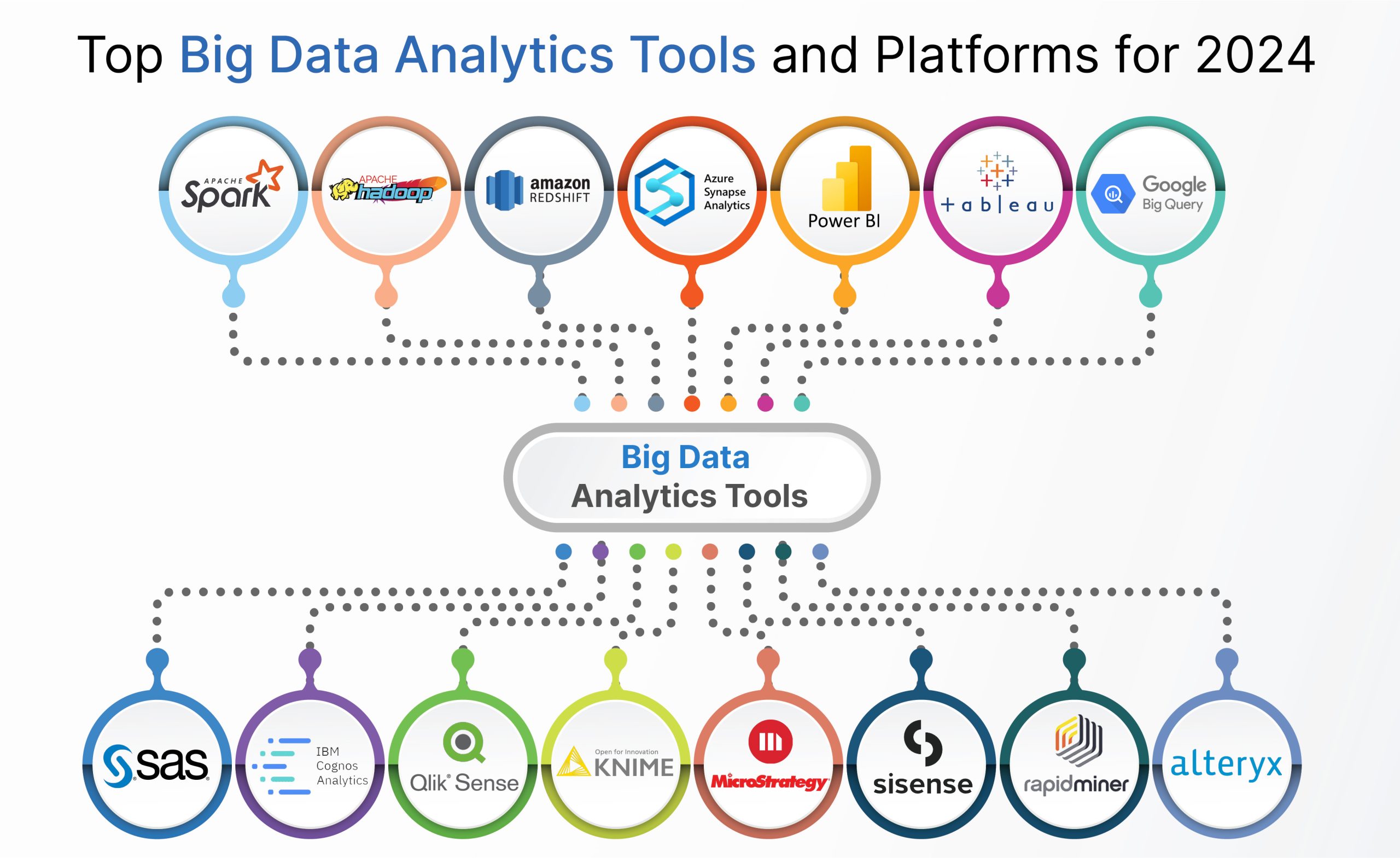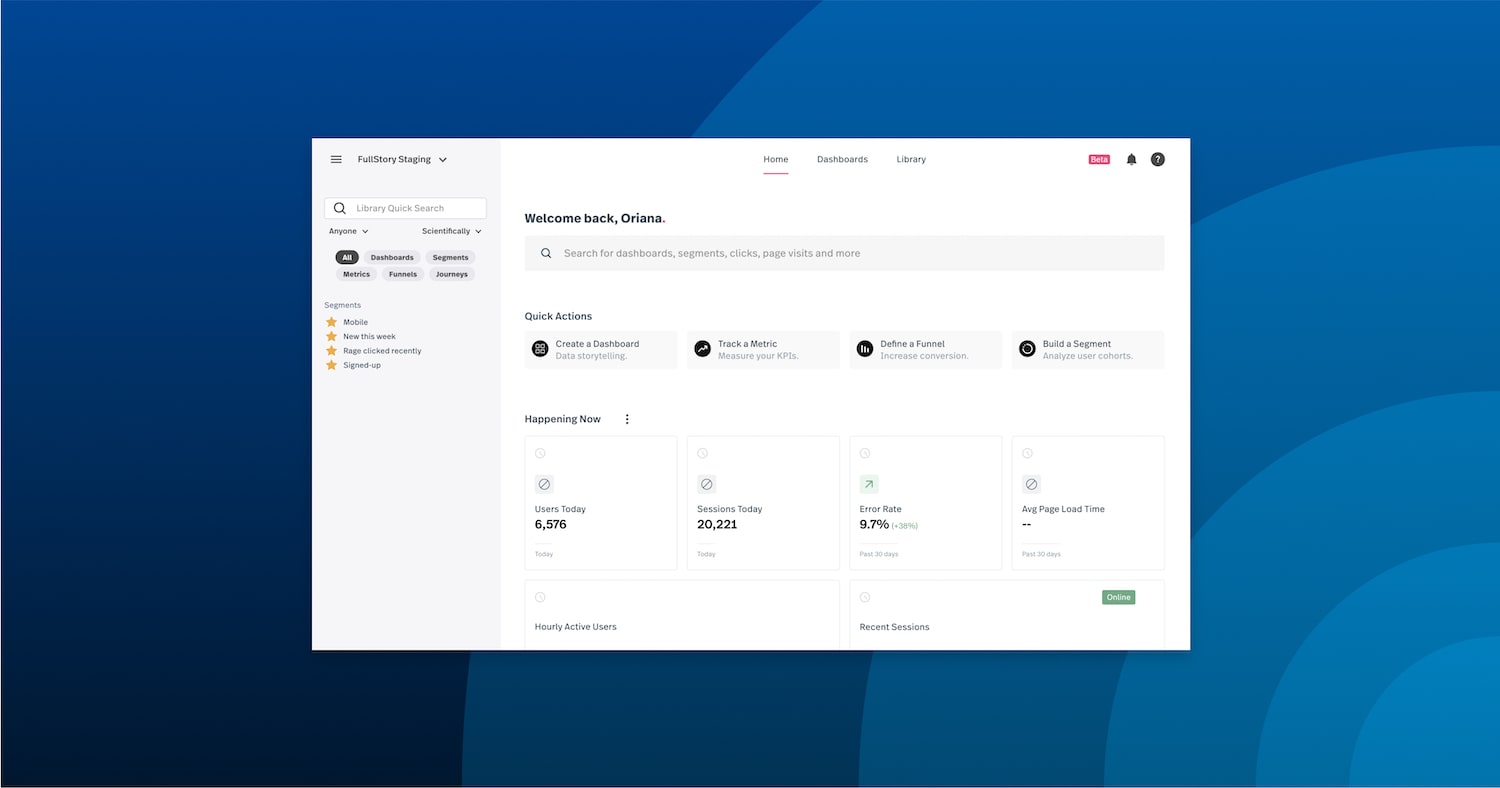Increase Decision-Making Power Via Reliable Analytics Devices
Increase Decision-Making Power Via Reliable Analytics Devices
Blog Article
Boost Efficiency and Profitability With Information Analytics
In today's data-driven landscape, services are progressively acknowledging the pivotal function of information analytics in enhancing functional efficiency and earnings. By methodically analyzing information, organizations can discover crucial understandings that educate calculated choices, streamline processes, and dressmaker customer experiences.
Understanding Data Analytics
In today's data-driven landscape, comprehending data analytics is necessary for organizations aiming to improve functional efficiency and drive earnings. Data analytics includes the organized computational analysis of information collections to reveal patterns, correlations, and understandings that notify decision-making. By employing different techniques, such as statistical analysis, equipment learning, and predictive modeling, organizations can transform raw data into actionable intelligence.
The procedure commonly starts with data collection, where relevant information is collected from multiple sources, including transactional databases, consumer communications, and market fads. This information is then cleaned up and organized to make sure accuracy and consistency. As soon as the data is prepared, logical tools and software are made use of to imagine the information and explore, making it possible for stakeholders to recognize abnormalities and fads.
Inevitably, comprehending data analytics empowers companies to make enlightened choices based upon empirical evidence instead than intuition. It helps with targeted strategies that can optimize resource allowance, enhance customer contentment, and boost general performance. As organizations significantly identify the value of data-driven insights, a solid grasp of information analytics comes to be a vital competency for leaders and groups alike, positioning them for continual success in an affordable setting.

Trick Advantages for Companies
Services that leverage information analytics can unlock a plethora of benefits that considerably enhance their procedures and productivity. Among the primary benefits is boosted decision-making. Data analytics gives actionable insights derived from real-time information, allowing companies to make informed options that straighten with market demands and consumer choices.

Furthermore, data analytics fosters improved customer experiences. By understanding customer habits and preferences, companies can tailor their offerings, bring about boosted fulfillment and loyalty. This customized method usually results in higher conversion prices and repeat organization.
Furthermore, information analytics enables organizations to recognize emerging trends and opportunities. By staying ahead of the contour, companies can maximize brand-new markets and technologies prior to their competitors.
Executing Data-Driven Techniques
Effective implementation of data-driven techniques requires a thorough understanding of both available information and business objectives resources. Organizations has to initially define their purposes clearly, ensuring positioning between information efforts and strategic goals. This clearness makes it possible for teams to concentrate on appropriate metrics and understandings that drive decision-making.
Next, organizations ought to assess their existing information infrastructure. This includes evaluating information quality, ease of access, and combination capacities. Top notch Read Full Report data is vital for accurate analysis, as poor information can cause misguided methods and lost resources. Organizations needs to develop procedures for data collection, cleaning, and monitoring to maintain information stability.
In addition, fostering a data-driven society is essential. Workers in all levels must be urged to leverage data in their day-to-day procedures. Educating programs and workshops can boost information proficiency, equipping staff to make informed decisions based on analytical understandings.
Devices and Technologies Review
A robust suite of tools and innovations is important for organizations aiming to harness the complete capacity of data analytics. These tools promote the collection, handling, and visualization of data, allowing services to acquire workable insights.
At the foundational level, data management platforms such as SQL databases and NoSQL systems supply reliable information storage and retrieval capabilities. For data processing and analysis, programming languages like Python and R, along with frameworks such as Apache Spark, enable complex estimations and machine knowing applications.
Visualization tools, consisting of Tableau and Power BI, change raw information into instinctive visual styles, making insights available to stakeholders in all levels. Additionally, cloud-based platforms like Google Cloud and AWS provide scalable storage and processing remedies, suiting the expanding quantities of information organizations experience.
For sophisticated analytics, predictive look at this site modeling and AI-driven solutions are progressively embraced, enabling companies to anticipate fads and boost decision-making processes. Incorporating these devices into existing operations is vital; organizations that efficiently leverage this innovation can considerably improve functional effectiveness and drive profitability. Hence, buying the right devices and innovations is a calculated necessary for any kind of data-driven organization.
Study of Success
Leveraging information analytics has actually led countless organizations to accomplish impressive improvements in performance and profitability. One notable situation is a big retail chain that carried out anticipating analytics to maximize inventory administration. By analyzing historical sales data and customer fads, the business decreased excess inventory by 30%, leading to substantial price savings and improved capital.
One more example can be found in the manufacturing field, where a leading automobile manufacturer utilized information analytics to boost its production procedures. By Read Full Article monitoring machine efficiency in real-time, the organization recognized ineffectiveness and traffic jams, resulting in a 20% boost in total equipment performance (OEE) This not only improved manufacturing prices yet likewise minimized downtime and maintenance prices.

These situation research studies show just how information analytics can drive strategic decision-making, optimize procedures, and eventually enhance both effectiveness and earnings across numerous industries.
Verdict
To conclude, the integration of data analytics right into business procedures offers significant chances for enhancing effectiveness and success. By systematically examining information, companies can determine inefficiencies, enhance consumer experiences, and make educated decisions. The adoption of anticipating modeling and real-time surveillance additionally enables organizations to stay in advance of emerging trends and designate sources successfully. Ultimately, the strategic application of data-driven techniques fosters continual affordable advantages and drives substantial renovations in functional efficiency and monetary end results.
In today's data-driven landscape, understanding information analytics is crucial for companies aiming to improve functional efficiency and drive earnings. Information analytics entails the methodical computational evaluation of information collections to discover patterns, connections, and understandings that inform decision-making. Information analytics gives workable understandings acquired from real-time information, permitting organizations to make educated choices that align with market demands and customer choices.
High-quality data is important for exact evaluation, as inadequate data can lead to misguided techniques and lost sources. Organizations has to establish processes for data collection, cleansing, and administration to maintain data stability.
Report this page